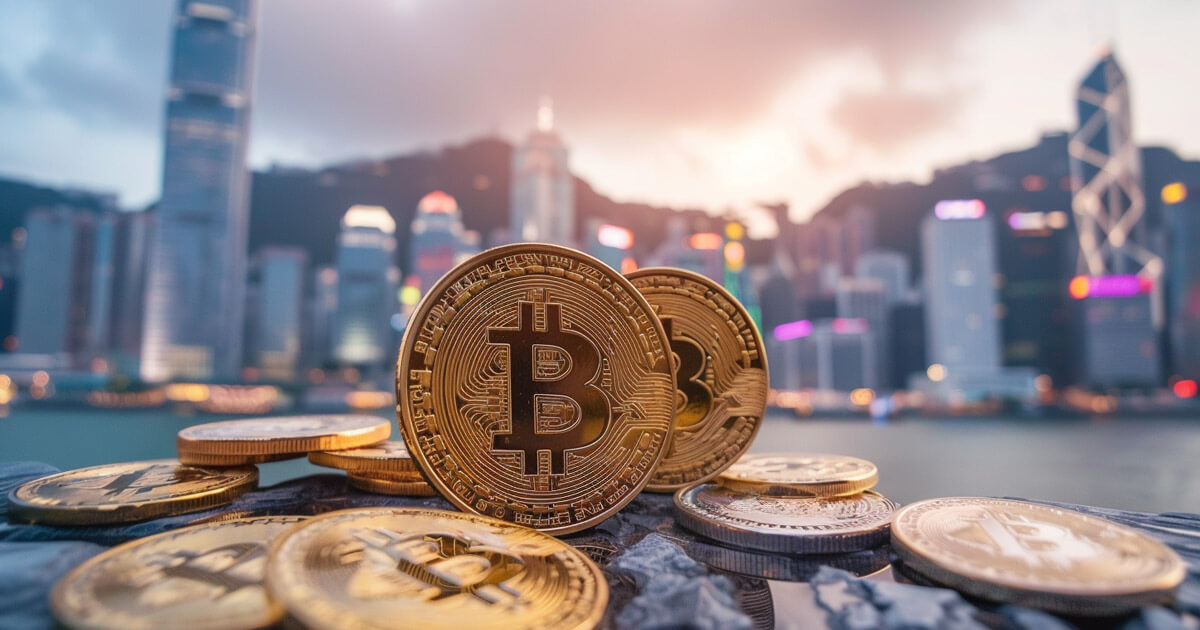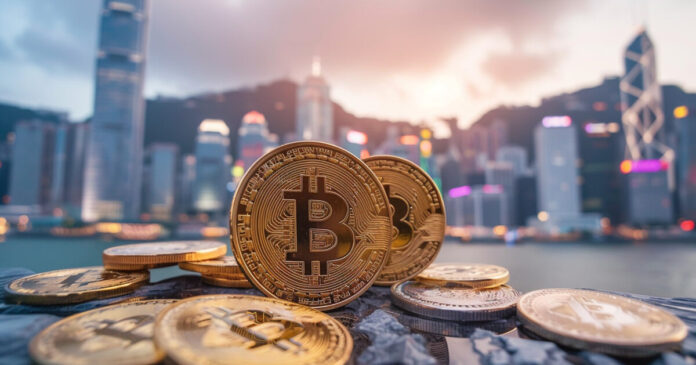
Hong Kong lawmaker Wu Jie has referred to as on the city-state's authorities to think about integrating bitcoin into its fiscal reserves, native media reported.
The report confirmed that Wu proposed that the Hong Kong Particular Administrative Area (SAR) discover together with cryptocurrencies in its fiscal reserves and use international change funds to accumulate and maintain digital property for the long run.
The lawmaker highlighted the worldwide implications of main economies incorporating bitcoin into their reserves. Wu argued that bitcoin's restricted provide may place it as a competitor to conventional property whereas providing safety in opposition to inflation.
Whereas Wu acknowledged bitcoin's volatility, he advisable that governments and companies allocate solely a small proportion of their reserves to the asset. He emphasised that strategic adoption can profit monetary techniques with out exposing them to pointless danger.
Moreover, if “influential” nations undertake Bitcoin, its worth stabilizes to the purpose of fueling wider international adoption. The shift may cut back reliance on conventional reserves reminiscent of gold and silver, as bitcoin's decrease storage and transaction prices symbolize a sensible benefit, he defined.
Wu additionally famous bitcoin's rising presence within the monetary mainstream, itemizing bitcoin and ethereum ETFs linked to the Hong Kong inventory change and issuing licenses for cryptocurrency buying and selling platforms.
This dialogue stems from a question by lawmaker Johnny Ng, who requested the federal government to think about integrating digital property.
China acknowledges Hong Kong's progress in cryptocurrencies
In the meantime, China's central financial institution has acknowledged that Hong Kong has grow to be a frontrunner in cryptocurrency regulation.
In its 2024 Monetary Stability Report, the Folks's Financial institution of China praised Hong Kong's progress in managing and integrating digital property.
In response to the authorities, Hong Kong has actively explored the licensing of cryptocurrencies and categorized digital property below securitized and non-securitized monetary property. This twin classification system ensures correct oversight and licensing for digital asset buying and selling platforms, particularly safety tokens.
As well as, establishments concerned in digital asset operations should acquire regulatory licenses earlier than beginning operations. Moreover, main monetary establishments reminiscent of HSBC and Normal Chartered should embrace cryptoasset exchanges of their regular buyer oversight processes.
China's recognition highlights Hong Kong's vital progress in regulatory improvement. This 12 months, Hong Kong prioritized regulation of stablecoins and crypto exchanges, serving to to cement its management in Asia's digital asset ecosystem.
Wu Blockchain first reported on this.
